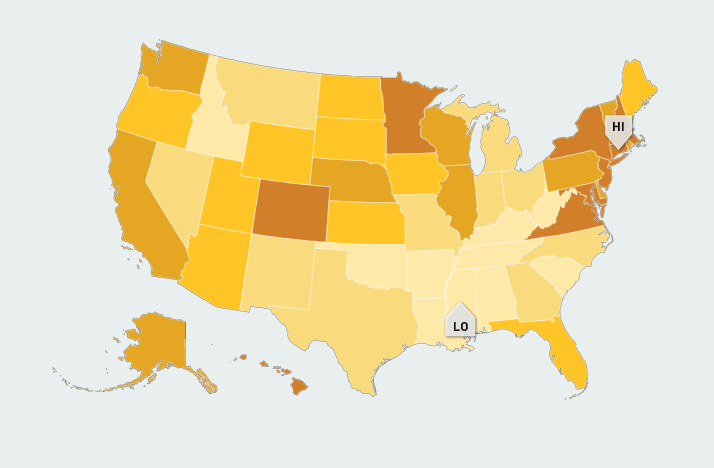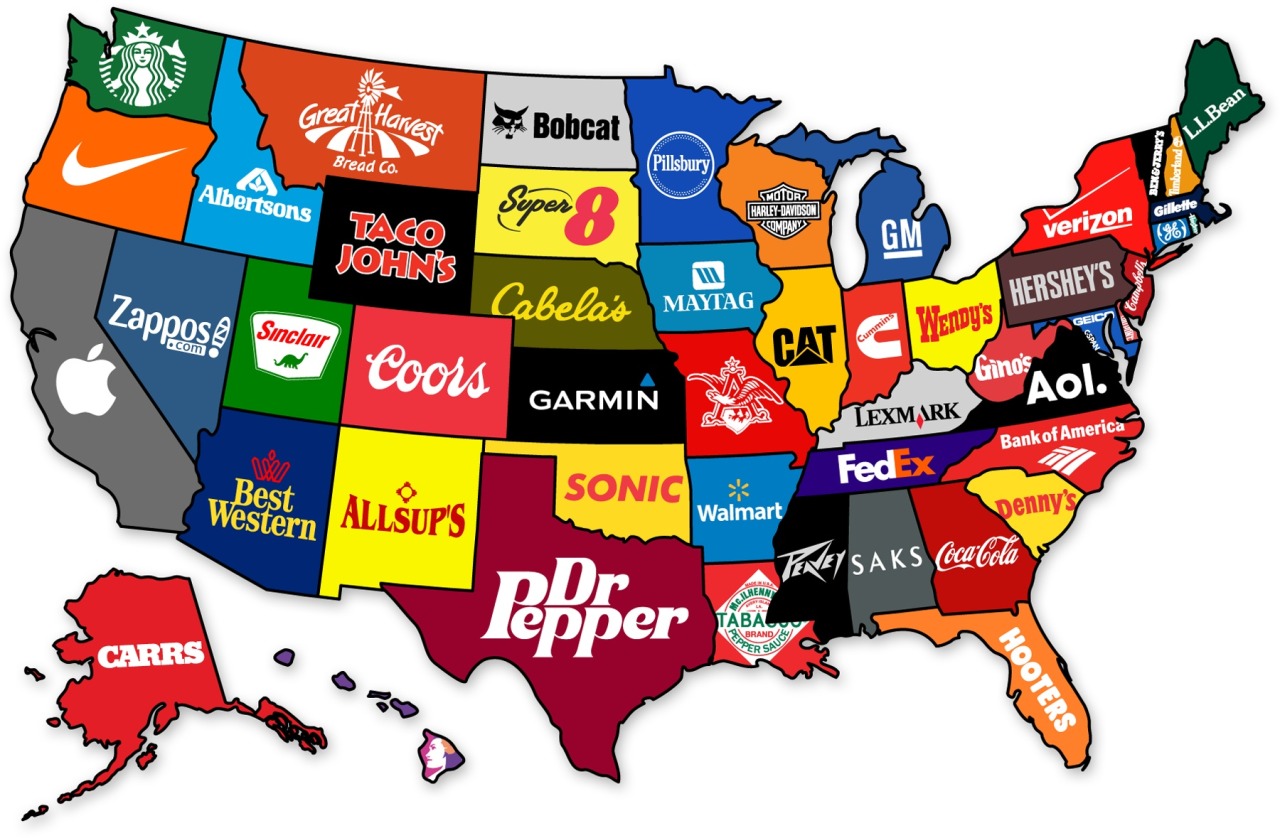
Esther Zuckerman highlights Samantha Bee’s hilarious (and trenchant) analysis of Scalia’s logical inconsistency in the recent VRA and DOMA cases:
John Oliver celebrated the news out of the Supreme Court yesterday by waving a rainbow flag and singing an adapted version of Les Misrables’ “Do You Hear The People Sing?” But he brought on Samantha Bee to explain just what Antonin Scalia was thinking in his dissent.
Bee explained that Scalia doesn’t think it’s right for the court to strike down a longstanding congressional law. When Oliver chimed in that Scalia helped bring down a key section of the Voting Rights Act just the day before, Bee said: “Like I said this is a firmly held belief of Scalia’s that he has held for approximately 36 hours.”
She continued, “In his defense there is a substantive difference between the two cases. If you’ll permit me some legalese, John: He did not like the Voting Rights Act so he ruled against it, but he did like DOMA so he ruled for it. It’s what lawyers call the principal of waaaaaaaah.”
‘The Daily Show’ Explains Scalia’s DOMA Logic – The Atlantic Wire
June 27, 2013
As imagined by comedian Megan Amram:
FRUIT SALAD
INGREDIENTS:
1 lb. bag of Skittles
3 cups ranch dressing
DIRECTIONS:
Mix well. Serve room temperature.
–
PAULA’S BROWN RICE
INGREDIENTS:
1 pilaf white rice
1 bowl melted Junior Mints
DIRECTIONS:
Cover rice in chocolate. Serve with maple syrup to taste. To splurge, top with a sprinkle of sausage calzones.
Paula Deens Health Food Cookbook – Megan Amram
June 21, 2013
U.S. states and their ranking on the Human Development Index, a measure of how well states are “improving people’s well-being and expanding their freedoms and opportunities.”

If you live in Alabama, Kentucky, West Virginia, Arkansas, or Mississippi, you should probably move to either Connecticut, Massachusetts, New Jersey, Washington, D.C., or Maryland.
Best state: Connecticut? Measure of America suggests state is best place to live. – Slate Magazine
June 21, 2013
Legal scholar Daniel Solove has a better literary metaphor to describe the revelations about the NSA’s surveillance program:
Many commentators had been using the metaphor of George Orwell’s 1984 to describe the problems created by the collection and use of personal data. I contended that the Orwell metaphor, which focuses on the harms of surveillance (such as inhibition and social control) might be apt to describe law enforcement’s monitoring of citizens. But much of the data gathered in computer databases is not particularly sensitive, such as one’s race, birth date, gender, address, or marital status. Many people do not care about concealing the hotels they stay at, the cars they own or rent, or the kind of beverages they drink. People often do not take many steps to keep such information secret. Frequently, though not always, people’s activities would not be inhibited if others knew this information.
I suggested a different metaphor to capture the problems: Franz Kafka’s The Trial, which depicts a bureaucracy with inscrutable purposes that uses people’s information to make important decisions about them, yet denies the people the ability to participate in how their information is used. The problems captured by the Kafka metaphor are of a different sort than the problems caused by surveillance. They often do not result in inhibition or chilling. Instead, they are problems of information processing—the storage, use, or analysis of data—rather than information collection. They affect the power relationships between people and the institutions of the modern state. They not only frustrate the individual by creating a sense of helplessness and powerlessness, but they also affect social structure by altering the kind of relationships people have with the institutions that make important decisions about their lives.
From “‘I’ve Got Nothing to Hide’ and Other Misunderstandings of Privacy” by Daniel Solove
[via The Atlantic]
June 20, 2013




